
The Sacred Heights of Adam's Peak
Adam's Peak, also known as Sri Pada, is one of Sri Lanka's most revered and iconic landmarks. Towering at 2,243 meters, it offers a breathtaking view of the lush, green landscape below. The peak is sacred to multiple religions: Buddhists, Hindus, Christians, and Muslims all hold it in high regard. This unique spiritual significance makes it a melting pot of cultural and religious harmony. The climb to the summit is a pilgrimage for many. The journey involves ascending thousands of steps, but the effort is rewarding. At the top, you will find a footprint-shaped impression, believed to be the footprint of the Buddha, Shiva, or Adam depending on the tradition. The best time to start the climb is in the early hours of the morning to reach the summit by sunrise. The sight of the sun rising over the horizon, casting a golden glow over the surrounding mountains, is an unforgettable experience. Aside from its spiritual importance, Adam's Peak is also a biodiversity hotspot. The surrounding forests are home to a variety of flora and fauna, some of which are endemic to Sri Lanka. As you ascend, you will encounter different vegetation zones and might even spot some wildlife. Whether you are a nature lover, a spiritual seeker, or an adventure enthusiast, Adam's Peak offers something for everyone.
Local tips in Adam's Peak
- Start your climb early in the morning to catch the sunrise.
- Wear comfortable shoes as the climb involves thousands of steps.
- Carry enough water and light snacks for the journey.
- Dress in layers; it can get chilly at the summit.
- Respect the local customs and religious practices.
- Watch out for leeches, especially during the rainy season.
The Sacred Heights of Adam's Peak
Adam's Peak, also known as Sri Pada, is one of Sri Lanka's most revered and iconic landmarks. Towering at 2,243 meters, it offers a breathtaking view of the lush, green landscape below. The peak is sacred to multiple religions: Buddhists, Hindus, Christians, and Muslims all hold it in high regard. This unique spiritual significance makes it a melting pot of cultural and religious harmony. The climb to the summit is a pilgrimage for many. The journey involves ascending thousands of steps, but the effort is rewarding. At the top, you will find a footprint-shaped impression, believed to be the footprint of the Buddha, Shiva, or Adam depending on the tradition. The best time to start the climb is in the early hours of the morning to reach the summit by sunrise. The sight of the sun rising over the horizon, casting a golden glow over the surrounding mountains, is an unforgettable experience. Aside from its spiritual importance, Adam's Peak is also a biodiversity hotspot. The surrounding forests are home to a variety of flora and fauna, some of which are endemic to Sri Lanka. As you ascend, you will encounter different vegetation zones and might even spot some wildlife. Whether you are a nature lover, a spiritual seeker, or an adventure enthusiast, Adam's Peak offers something for everyone.
When is the best time to go to Adam's Peak?
Iconic landmarks you can’t miss
Sri Pada / Adam's Peak
Discover the spiritual and natural beauty of Sri Pada, also known as Adam's Peak, a sacred mountain offering breathtaking views and unforgettable experiences.
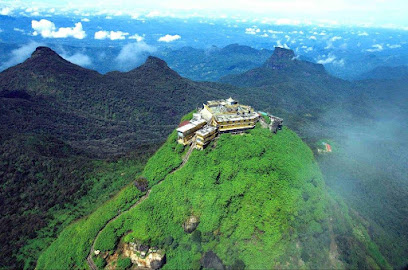
Sripada Peak Wilderness Sanctuary
Explore the breathtaking beauty and spiritual significance of Sripada Peak Wilderness Sanctuary, a must-visit national park in Sri Lanka.
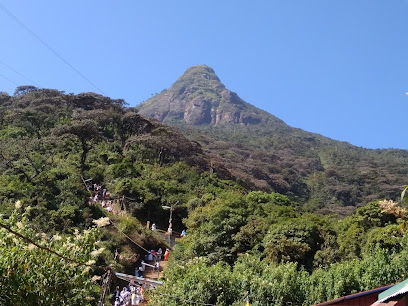
Sri Pada Holy Mountain
Discover the spiritual journey and breathtaking vistas at Sri Pada, Sri Lanka's sacred mountain pilgrimage site.
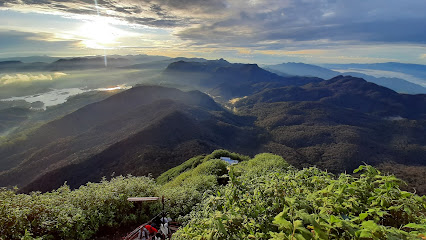
Indi Katupāna - Point of Needles
Discover the enchanting Indi Katupāna - Point of Needles, a historical landmark blending rich culture with stunning natural beauty in Sri Lanka.
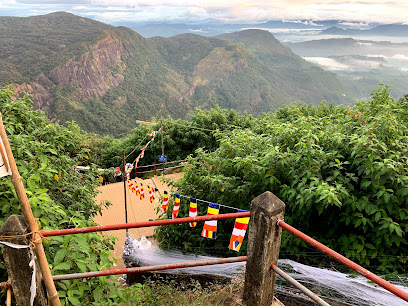
Little adam's peak View Point
Discover the stunning vistas of Little Adam's Peak View Point in Ella, Sri Lanka, a top destination for nature lovers and adventure seekers.
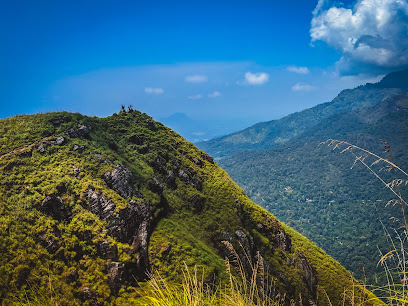
Mohini Falls (මෝහිනී ඇල්ල), Maskeliya.
Experience the tranquility and breathtaking beauty of Mohini Falls, a hidden gem in the heart of Maskeliya, Sri Lanka.
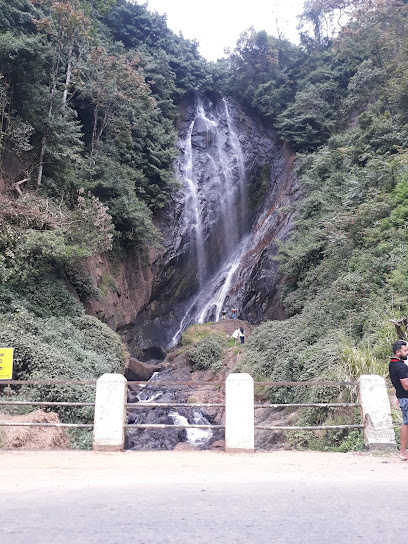
Sri Padaya
Experience the breathtaking beauty and spiritual significance of Sri Padaya, a majestic mountain peak in Sri Lanka, perfect for adventurers and pilgrims.
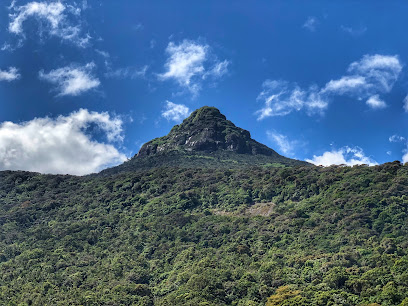
මකර තොරණ (හැටන් පාර) Makara Thorana (Hatton Road)
Explore Makara Thorana, the iconic gateway to Adam's Peak, where history, spirituality, and breathtaking views converge in Sri Lanka's scenic landscapes.
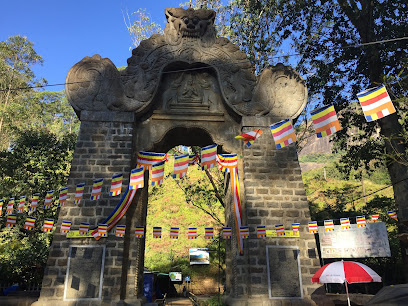
Moray Falls
Discover the stunning beauty of Moray Falls, a must-visit natural wonder in Nuwara Eliya, Sri Lanka, perfect for nature lovers and adventure seekers.
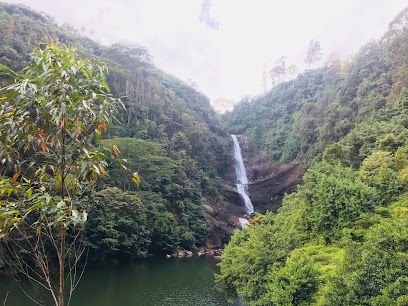
Sandagalathenna, සඳගලතැන්න
Explore the breathtaking hiking trails of Sandagalathenna, a hidden gem in Sri Lanka, perfect for nature lovers and adventure seekers.
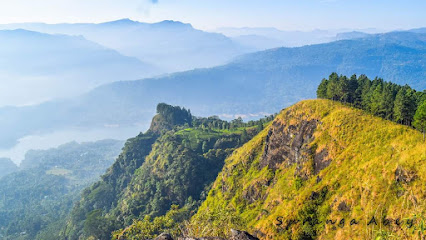
To Sripada
Explore the spiritual journey and stunning vistas of Sripada, Sri Lanka's iconic Adam's Peak, a sacred destination for pilgrims and adventurers alike.
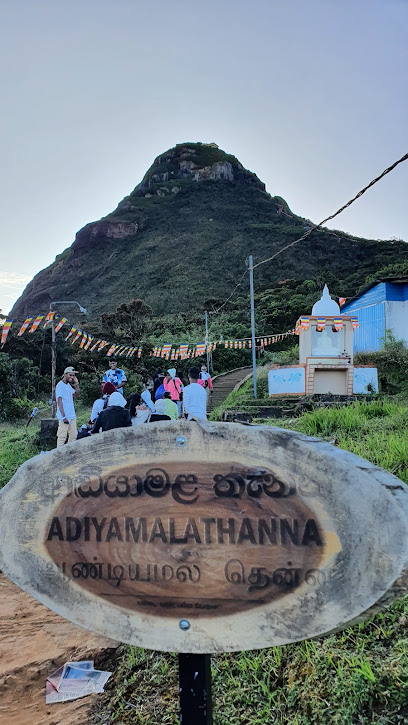
Mahagiridambaya මහගිරිදඹය
Discover the spiritual and natural beauty of Mahagiridambaya, the historic gateway to Sri Pada, where adventure meets reverence in Sri Lanka.
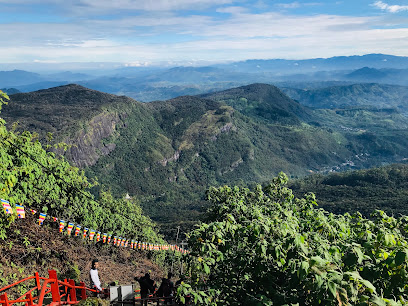
Heramitipaana Ambalama / හැරමිටිපාන අම්බලම
Discover the serene beauty and rich cultural heritage of Heramitipaana Ambalama, a historical resting place on the Palabaddala pilgrimage trail.
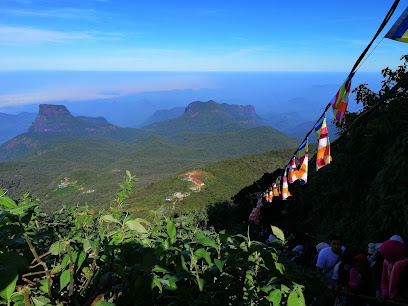
Kunu Diya Parwathaya, කුණු දිය පව්ව.
Explore the enchanting Kunu Diya Parwathaya in Ratnapura, a historical landmark that beautifully combines natural beauty with rich cultural heritage.
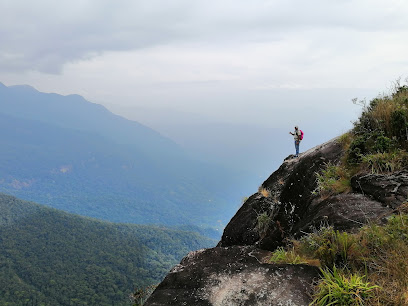
Yakā Händū Ella - Demon Tears Waterfall
Explore the captivating Demon Tears Waterfall in Ella, a stunning natural attraction that showcases Sri Lanka's breathtaking landscapes.
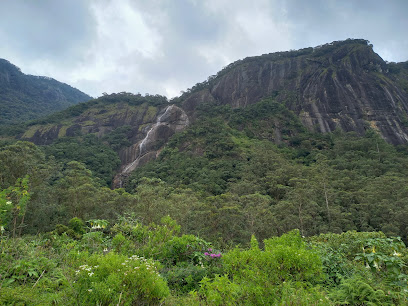
Unmissable attractions to see
Horton Plains National Park
Discover the awe-inspiring landscapes and unique biodiversity of Horton Plains National Park, a must-visit destination in the heart of Sri Lanka.
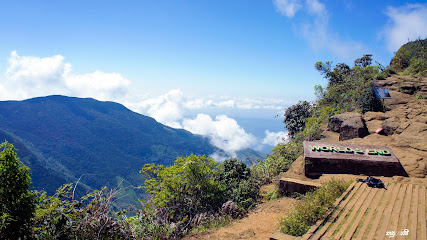
Sripada Peak Wilderness Sanctuary
Experience the breathtaking landscapes and spiritual significance of Sripada Peak Wilderness Sanctuary, a must-visit destination in Sri Lanka for nature and culture enthusiasts.
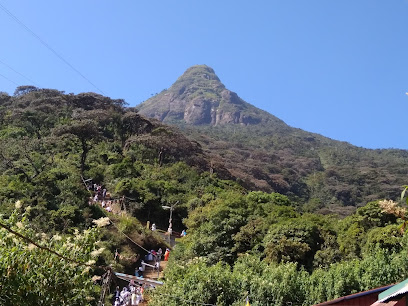
Gartmore Falls
Explore the enchanting Gartmore Falls in Mulgama, a serene escape into nature's beauty, perfect for relaxation and adventure in Sri Lanka.

Indi Katupāna - Point of Needles
Explore Indi Katupāna, the historic Point of Needles, a breathtaking landmark along the sacred Sri Pada pilgrimage route in Sri Lanka.
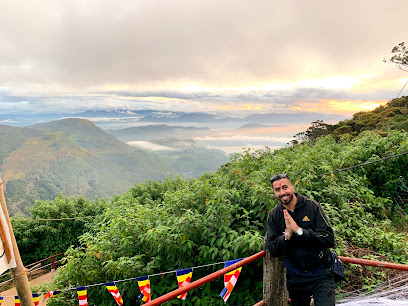
Little adam's peak View Point
Experience awe-inspiring views and serene hiking at Little Adam's Peak in Ella, the perfect escape into Sri Lanka's lush landscapes.
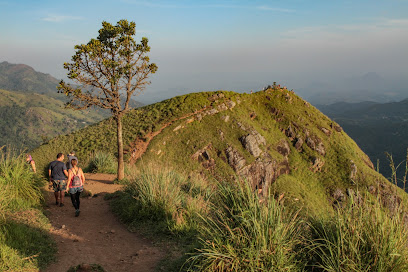
Batadombalena
Explore Batadombalena, a historical gem in Kuruwita, Sri Lanka, where ancient caves and lush landscapes create a unique travel experience.
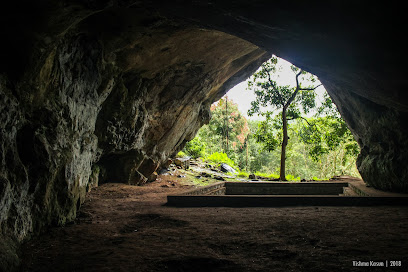
Moray Falls
Explore the stunning Moray Falls in Nuwara Eliya, a breathtaking natural wonder surrounded by lush landscapes and rich biodiversity.

Sandagalathenna, සඳගලතැන්න
Discover the stunning hiking trails and vibrant biodiversity of Sandagalathenna, a must-visit natural paradise in the heart of Sri Lanka.
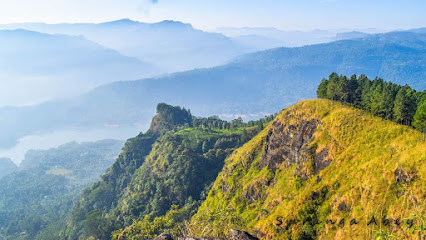
To Sripada
Discover the spiritual and natural beauty of Sripada, Sri Lanka's iconic pilgrimage site known for its stunning sunrise views and sacred significance.
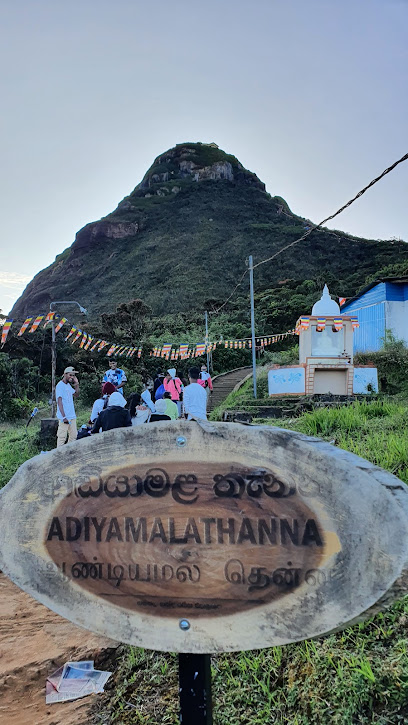
Eli Hatha Falls in Maliboda | මාලිබොඩ ඇලි හත
Discover the enchanting Eli Hatha Falls in Maliboda, Sri Lanka—where serene nature meets breathtaking beauty in a hidden paradise.
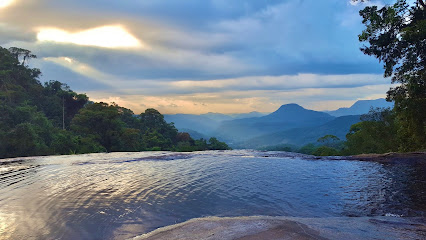
Fairlawn Fall
Experience the breathtaking beauty of Fairlawn Fall, a captivating natural wonder that embodies the serene essence of Sri Lanka.
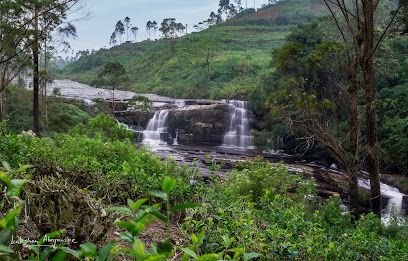
Dumpus Ella
Explore the breathtaking views and serene landscapes of Dumpus Ella, a hidden gem in the heart of Sri Lanka's natural beauty.
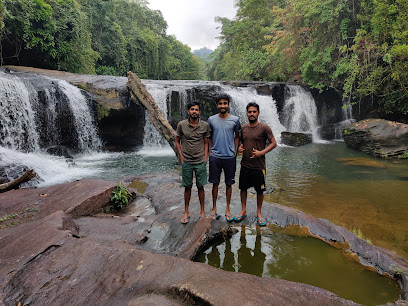
Āndiāmala Tänna Trail
Explore the stunning Āndiāmala Tänna Trail in Ratnapura, Sri Lanka, a hiker's paradise with breathtaking views and rich biodiversity.
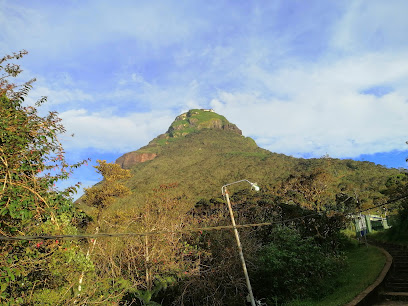
Paradise falls
Experience the breathtaking beauty of Paradise Falls in Nallathanniya, a must-visit natural wonder for every traveler seeking adventure and serenity.
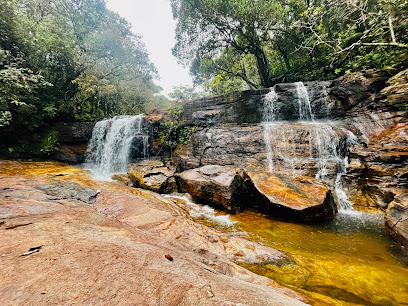
Lower Gartmore Falls Viewpoint
Experience the breathtaking beauty of Lower Gartmore Falls Viewpoint in Mulgama, a stunning retreat for nature lovers and adventurers.
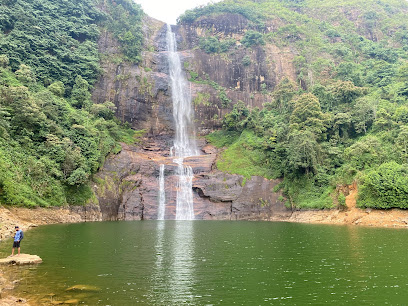
Essential places to dine
Hill Cool Restaurant හිල් කූල් රෙස්ටුරන්ට්
Experience authentic Sri Lankan flavors amidst breathtaking views at Hill Cool Restaurant in Kotagala.
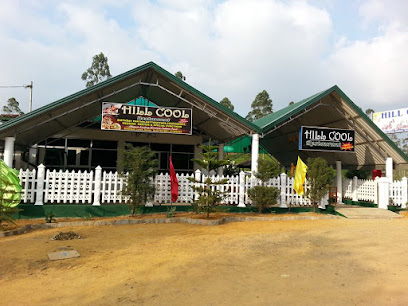
Hugging Clouds Guest house, Restaurant & Tours
Discover tranquility at Hugging Clouds Guest House with cozy stays, delicious dining, and unforgettable tours amidst Sri Lanka's breathtaking landscapes.

Blue sky Guest House and Restaurant
Experience unparalleled hospitality at Blue Sky Guest House and Restaurant in Nallathanniya—where comfort meets exquisite local flavors.
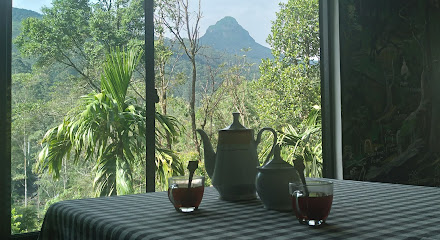
Dilum's Restaurant ️
Discover the essence of Sri Lanka through authentic flavors at Dilum's Restaurant in Lindula.
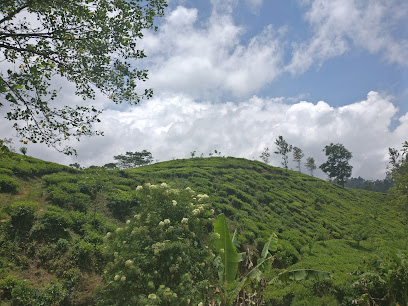
Green Shade Resort(Haritha Sewana Hotel & Restaurant)
Discover Green Shade Resort in Maskeliya: A perfect blend of exquisite cuisine and comfortable accommodation amidst stunning natural beauty.
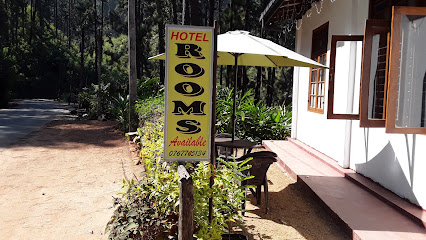
Habit Cafe
Discover Habit Cafe in Nallathanniya: Your go-to spot for exquisite Western cuisine amidst stunning natural beauty.
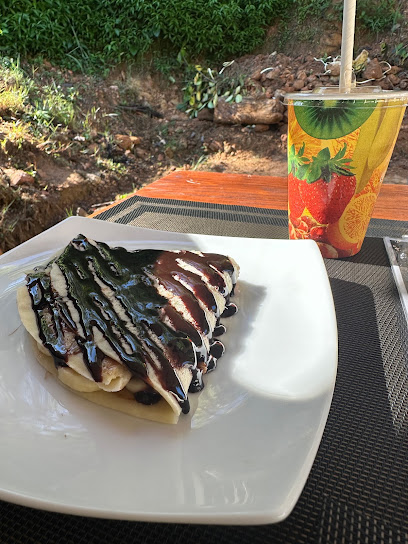
Ahala Kanuwa shop
Discover authentic local cuisine at Ahala Kanuwa near Sri Pada temple - where every meal tells a story.
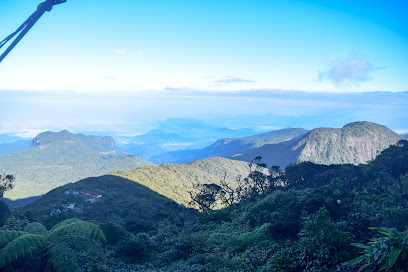
Grand Adam’s peak Restaurant
Discover culinary delights at Grand Adam's Peak Restaurant - where authentic flavors meet stunning views in Sri Lanka.
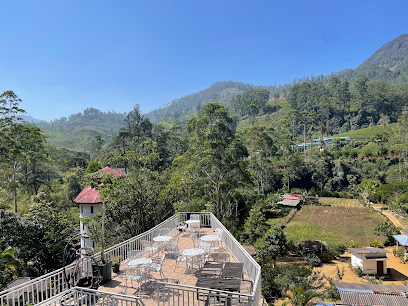
Mahagiridamba hotel
Discover authentic Sri Lankan cuisine at Mahagiridamba Hotel in Sripadaya – where every meal tells a story.
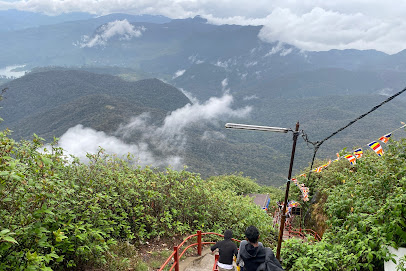
Cooperative Restaurant
Experience authentic Sri Lankan cuisine at Cooperative Restaurant in Gangulathenna—where tradition meets taste amidst stunning natural beauty.
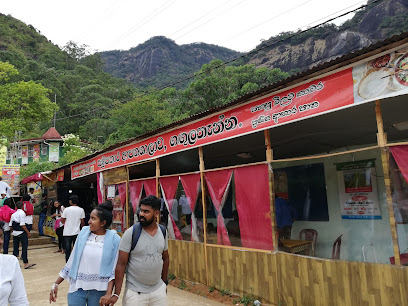
Markets, malls and hidden boutiques
Sri Pada / Adam's Peak
Explore the spiritual and natural wonders of Sri Pada, Sri Lanka's iconic Adam's Peak, a trekking paradise and sacred pilgrimage site.
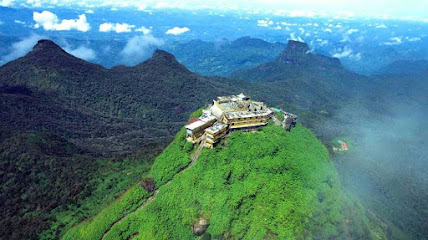
Sri Padaya
Explore the breathtaking beauty and spiritual significance of Sri Padaya, the sacred mountain peak in Sri Lanka, famous for its stunning sunrise views.
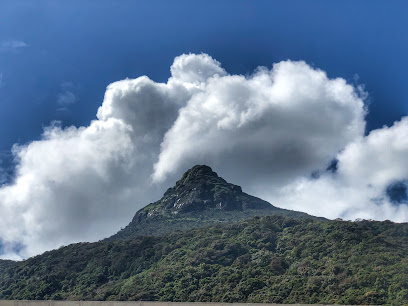
Hugging Clouds Guest house, Restaurant & Tours
Experience comfort and nature at Hugging Clouds Guest House, a perfect retreat for adventure seekers and nature lovers in Nallathanniya.

Upul's International
Explore Upul's International in Ratnapura for unique Sri Lankan fashion and accessories that blend tradition with modern style.

ZUZI
Explore captivating fashion at ZUZI in Hatton, where local charm meets stylish apparel for an unforgettable shopping experience.
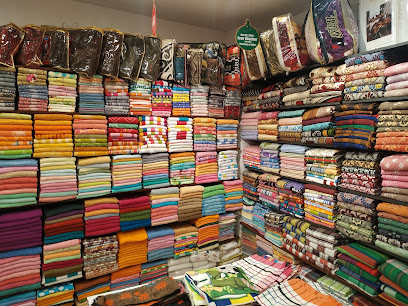
Reagal Enterprise Hatton
Explore a treasure trove of local crafts and unique gifts at Reagal Enterprise Hatton, your go-to gift shop in the heart of Hatton.
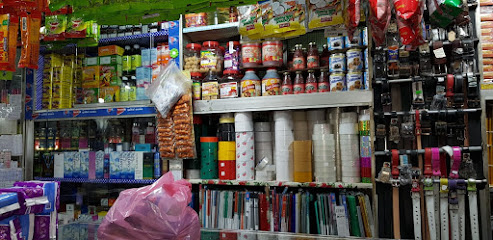
Last Tea Shop
Experience the tranquility and flavors of Sri Lanka at Last Tea Shop, a charming café nestled in the serene surroundings of Sripadaya.

Dema's Outlet
Experience the best of Sri Lankan fashion at Dema's Outlet in Ratnapura, where style meets affordability in a vibrant shopping environment.

OXFORD BOOK SHOP
Explore the Oxford Book Shop in Hatton, a sanctuary for book lovers with a diverse selection and cozy atmosphere, perfect for literary adventures.
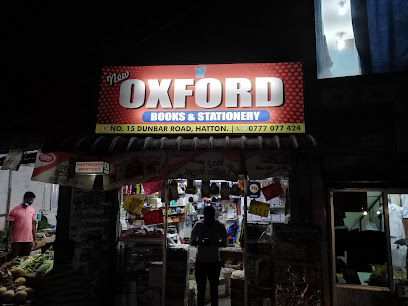
Salahudeen's Gift Store
Explore Salahudeen's Gift Store for unique souvenirs, local crafts, and baby products in Pelmadulla, Sri Lanka's charming shopping destination.

Easy Mart
Explore Easy Mart in Kuruwita for a delightful shopping experience with local flavors and international products in a charming grocery store.
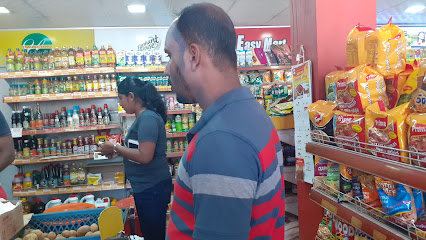
Lakshan Traders
Discover the taste of Sri Lanka at Lakshan Traders, Maskeliya's go-to grocery store for fresh produce and local delicacies.
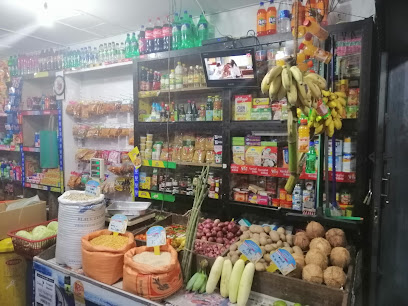
Pushpa Tea Stores
Experience the essence of Ceylon tea at Pushpa Tea Stores in Maskeliya, where tradition meets taste in every cup.
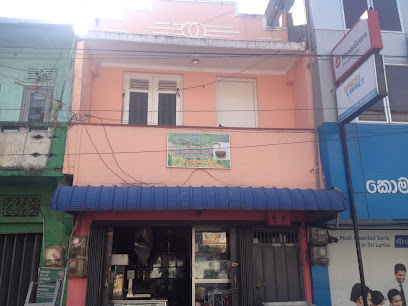
Blueberry Fashion
Discover the essence of Sri Lankan fashion at Blueberry Fashion in Kuruwita, offering unique styles and personalized service for every shopper.

Rithise Textile Hatton
Discover the charm of Sri Lankan textiles at Rithise Textile in Hatton, a must-visit clothing store for unique fashion finds.

Essential bars & hidden hideouts
Daddy's Guest Home Bar & Restaurant Cafeteria
Discover the charm of Daddy's Guest Home Bar & Restaurant Cafeteria, your perfect stop at Adam's Peak for authentic cuisine and stunning views.

Blue sky Guest House and Restaurant
Discover the comforting embrace of Blue Sky Guest House and Restaurant, your perfect retreat near Adam's Peak in Nallathanniya.
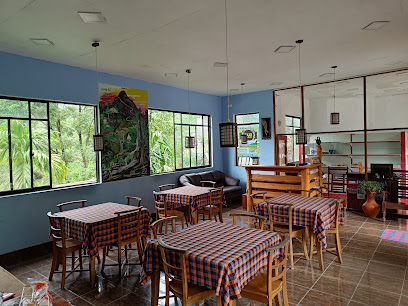
Habit Cafe
Discover the exquisite Western cuisine and breathtaking views at Habit Cafe in Nallathanniya, where every meal is a journey for your taste buds.
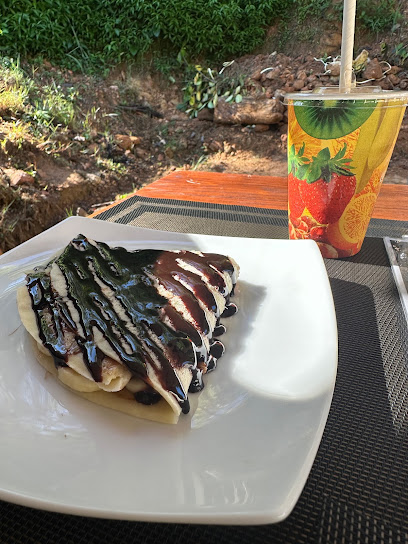
Frank Land Hotel And Bar
Discover a charming wine bar in Hatton, where exquisite wines meet stunning views and delightful ambiance.
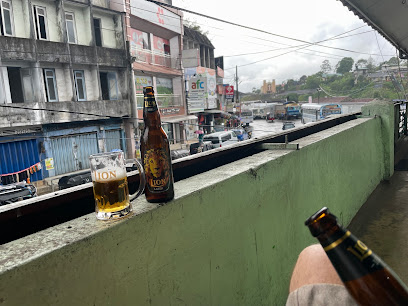
Ahala Kanuwa shop
Discover the rich flavors of traditional Sri Lankan cuisine at Ahala Kanuwa shop, a hidden culinary gem perfect for every tourist's palate.
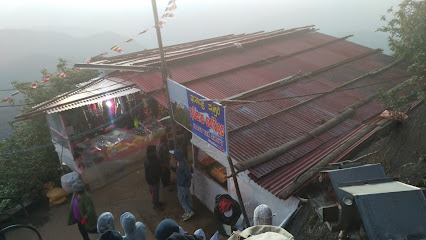
Luccumbe Bar
Discover Luccumbe Bar, a vibrant spot on Norton - Maskeliya Rd, perfect for drinks, socializing, and experiencing local culture.
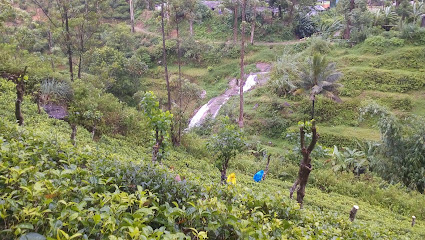
nanpy karaoke pub
Experience the vibrant nightlife at Nanpy Karaoke Pub in Hatton, Sri Lanka, where delicious food meets unforgettable karaoke fun.
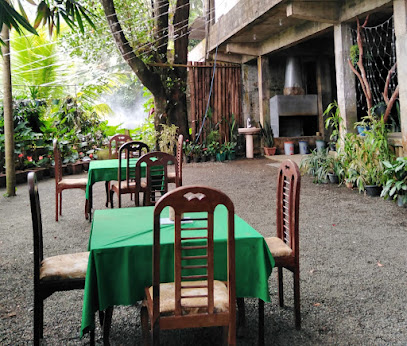
The Peak Residents
Discover the flavors of Sri Lanka at The Peak Residents, where every meal comes with a breathtaking view.
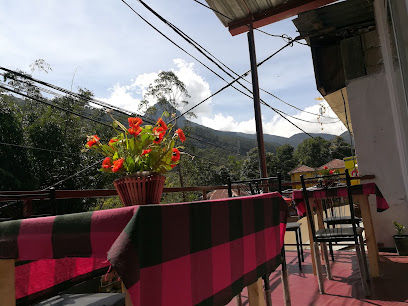
Grand Adam’s peak Restaurant
Experience the rich culinary heritage of Sri Lanka at Grand Adam’s Peak Restaurant, where breathtaking views meet delicious local flavors.
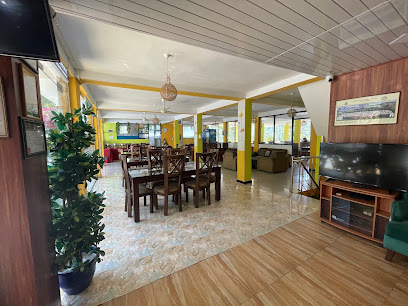
Mahagiridamba hotel
Experience authentic Sri Lankan cuisine at Mahagiridamba Hotel, a culinary gem near Sripadaya, offering a warm atmosphere and delicious local dishes.
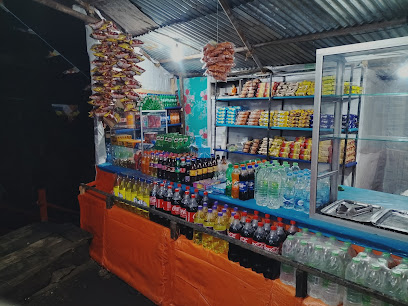
Jayantha Resturant & Bar
Discover the flavors of Sri Lanka at Jayantha Restaurant & Bar in Ginigathhena, where authentic cuisine meets a delightful atmosphere.
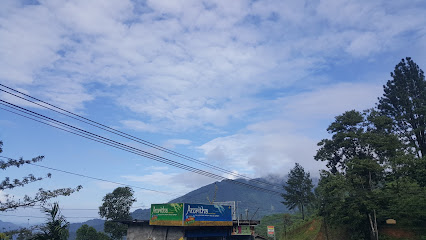
Old Tea Shop since 1899
Explore the rich heritage of Sri Lanka's tea culture at the Old Tea Shop since 1899, a charming restaurant steeped in history and flavor.
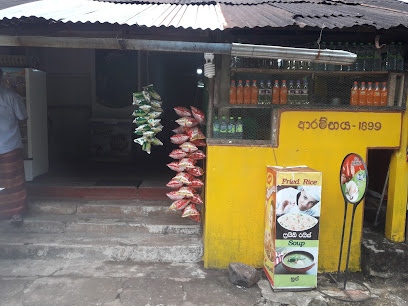
Cool Kitchen Juice Bar
Experience the vibrant flavors of Sri Lanka at Cool Kitchen Juice Bar, your go-to spot for refreshing juices and smoothies in Kuruwita.

Daily fresh
Discover the vibrant nightlife at Daily Fresh Bar in Tiriwanakatiya, offering a diverse beverage menu and a lively atmosphere for unforgettable evenings.
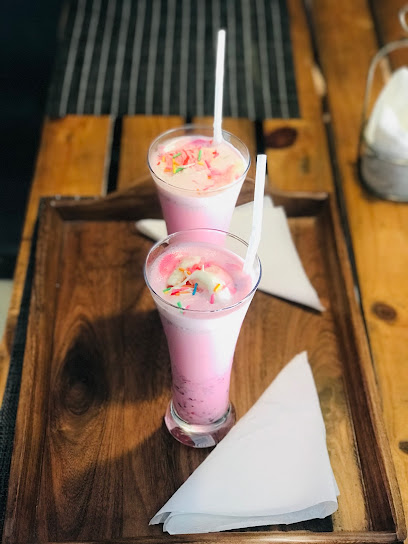
Local Phrases about Adam's Peak
-
- Helloආයුබෝවන්
[Ayubowan] - Goodbyeආගන්නාස්
[Agannas] - Yesඔව්
[Owa] - Noනෑ
[Nae] - Please/You're welcomeකරන්න
[Karanna] - Thank youස්තූතියි
[Sthuthiyi] - Excuse me/Sorryකරුණාකරන්න
[Karunakaranna] - How are you?ඔයා කොහෙද?
[Oya koheda?] - Fine. And you?හොඳේ. ඔයා?
[Hode. Oya?] - Do you speak English?ඔයා ඉංග්රීසි කතා කරයිද?
[Oya ingreesi katha karayi da?] - I don't understandමට දැනුම් නොවේ
[Mata danum nowe]
- Helloආයුබෝවන්
-
- I'd like to see the menu, pleaseකරුණාකරන්න මෙනූ පොතක් බලන්න
[Karunakaranna menu pethann] - I don't eat meatමම වම් නැතිවේ
[Mama vam nativae] - Cheers!සුභ අලුත්මයි!
[Suba aluthmayi] - I would like to pay, pleaseකරුණාකරන්න මම ගෙවන්නයි
[Karunakaranna mama gewanayi]
- I'd like to see the menu, pleaseකරුණාකරන්න මෙනූ පොතක් බලන්න
-
- Help!උක්තම්!
[Uktam!] - Go away!පිටවන්න!
[Pitawanna!] - Call the Police!පොලිස් ඇතුළත් කරන්න
[Police atulata karanna] - Call a doctor!වෛරයක් ඇතුළත් කරන්න
[Vaidyak atulata karanna] - I'm lostමම අහන්නේ
[Mama ahannae] - I'm illමම අයියේ
[Mama ayeye]
- Help!උක්තම්!
-
- I'd like to buy...මම ... මෙනූ එකක් වෙනවා
[Mama ... menu ekak wenawa] - I'm just lookingමම දැන්ම බලන්න
[Mama danma balanna] - How much is it?එසේ අඩුවක් අඩුවට යන්නෙයි?
[Ese aduwak aduwata yanneyi?] - That's too expensiveඑය වේගයි
[Eya wegai] - Can you lower the price?අඩු කරන්නක් හොදේද?
[Adu karannak hode?]
- I'd like to buy...මම ... මෙනූ එකක් වෙනවා
-
- What time is it?දිනය කොහෙද?
[Dinaya koheda?] - It's one o'clockඑක වත්
[Eka wath] - Half past (10)දහයෙ (දසු) ගිනි
[Dahaye (dasu) gini] - Morningපෙරවරු
[Peravaru] - Afternoonපසළු
[Pasalu] - Eveningවයස
[Wayasa] - Yesterdayඊයේ
[Iye] - Todayඅද
[Ada] - Tomorrowහෙට
[Heta] - 1එක
[Eka] - 2දෙක
[Deka] - 3තුන
[Thuna] - 4හතර
[Hathara] - 5පහ
[Paha] - 6හය
[Haya] - 7හත
[Hatha] - 8අට
[Ata] - 9නත
[Nata] - 10දහ
[Daha]
- What time is it?දිනය කොහෙද?
-
- Where's a/the...?... කොහෙද?
[... koheda?] - What's the address?ලිපිනය කොහෙද?
[Lipinaya koheda?] - Can you show me (on the map)?මාපයෙ (මත) පෙන්වන්නයිද?
[Mapaye (mata) penwanayi da?] - When's the next (bus)?ඊළඟ (බස්) කොහෙද?
[Ilanga (bas) koheda?] - A ticket (to ....)ප්රාථමිකය (එකට ....)
[Prathamikaya (ekata ....)]
- Where's a/the...?... කොහෙද?
History of Adam's Peak
-
Adam's Peak, also known as Sri Pada, is famed for the 'sacred footprint' at its summit. Buddhists believe this is the footprint of the Buddha, Hindus claim it to be that of Lord Shiva, Muslims and Christians assert it is the footprint of Adam or St. Thomas. This multi-religious significance has made it a revered pilgrimage site for centuries.
-
The tradition of pilgrimage to Adam's Peak dates back more than a thousand years. Historical records from as early as the 4th century mention pilgrims from diverse cultures and regions journeying to this holy mountain. The ancient routes used by these pilgrims, some of which are still in use today, are a testament to the enduring spiritual importance of the site.
-
The famous Venetian traveler Marco Polo visited Adam's Peak in the 13th century and documented his experiences. He described the mountain as 'the finest thing in the world' and noted the multitude of people from different faiths who traveled long distances to pay their respects to the sacred footprint.
-
During the Portuguese, Dutch, and British colonial periods, Adam's Peak continued to hold religious significance. Despite the colonial rulers' different religious affiliations, they respected the local traditions surrounding the mountain. The British, in particular, made efforts to document and preserve the pilgrimage routes and the cultural practices associated with them.
-
According to local lore, Adam's Peak is linked to the ancient legend of Ravana, the demon king featured in the epic Ramayana. It is believed that Ravana carried the abducted Sita to Lanka and the mountain is sometimes referred to in stories about his kingdom, adding a mythic layer to its already rich tapestry of narratives.
-
Adam's Peak is not only significant for its spiritual and historical importance but also for its unique biodiversity. The surrounding Peak Wilderness Sanctuary is home to a variety of endemic species, making it a significant ecological site. The conservation efforts to protect this area are a crucial part of its history, reflecting the intrinsic connection between nature and spirituality that many pilgrims feel.
Adam's Peak Essentials
-
Adam's Peak, also known as Sri Pada, is located in the central highlands of Sri Lanka. The nearest major city is Hatton, which is approximately 32 kilometers away. The most common way to reach Adam's Peak is by taking a train from Colombo to Hatton, which takes around 4-5 hours. From Hatton, you can hire a taxi or take a bus to the town of Dalhousie (Nallathanniya), which is the main starting point for the trek to the summit. Alternatively, you can also access Adam's Peak from the town of Ratnapura, but this route is less popular.
-
Within the Adam's Peak area, transportation options are limited. Most visitors travel by foot once they reach Dalhousie. Local buses and tuk-tuks are available for short distances. For longer trips, such as from Hatton to Dalhousie, taxis are a convenient option and can be arranged in advance. Be prepared for a bumpy ride on some of the mountain roads.
-
The official currency in Sri Lanka is the Sri Lankan Rupee (LKR). Credit cards are accepted in some hotels and larger restaurants, but it is advisable to carry cash, especially in smaller establishments and rural areas. ATMs are available in Hatton and Ratnapura, but it is wise to withdraw sufficient cash before heading to Dalhousie, as facilities are limited.
-
Adam's Peak is generally a safe destination for tourists. However, it is important to take standard precautions such as not hiking alone, especially at night. Petty theft can occur, so keep an eye on your belongings. The area is known for its challenging terrain, so be cautious while trekking. There are no specific high-crime areas targeting tourists, but always stay vigilant and aware of your surroundings.
-
In case of emergency, dial 119 for immediate assistance. There are local police stations and basic medical facilities available in Dalhousie. It is highly recommended to have travel insurance that covers medical emergencies and trekking activities. For minor health issues, there are small pharmacies in the town where you can purchase over-the-counter medications. Ensure you have a first-aid kit while trekking.
-
Fashion: Do wear comfortable and modest clothing suitable for trekking. Layers are essential as temperatures can vary. Avoid wearing revealing clothing. Religion: Do respect local customs and traditions. Adam's Peak is a pilgrimage site, so remove your shoes when entering religious areas and dress modestly. Public Transport: Do be respectful and patient with local transport services. Don't eat or drink on public transport. Greetings: Do greet people with a smile or a slight bow. A handshake is also common. Eating & Drinking: Do try local delicacies and accept food offerings graciously. Don't refuse hospitality, as it is considered impolite.
-
To experience Adam's Peak like a local, start your trek early in the morning or late at night to reach the summit by sunrise, which is a truly magical experience. Engage with local pilgrims, who are often eager to share their stories and traditions. Visit the local markets in Dalhousie to buy fresh produce and traditional Sri Lankan snacks. Don't miss the chance to try 'kithul jaggery' and 'kithul treacle,' local specialties made from the sap of the kithul palm.
Trending Landmarks in Adam's Peak
-
Sri Pada / Adam's Peak
-
Sripada Peak Wilderness Sanctuary
-
Sri Pada Holy Mountain
-
Indi Katupāna - Point of Needles
-
Little adam's peak View Point
-
Mohini Falls (මෝහිනී ඇල්ල), Maskeliya.
-
Sri Padaya
-
මකර තොරණ (හැටන් පාර) Makara Thorana (Hatton Road)
-
Moray Falls
-
Sandagalathenna, සඳගලතැන්න
-
To Sripada
-
Mahagiridambaya මහගිරිදඹය
-
Heramitipaana Ambalama / හැරමිටිපාන අම්බලම
-
Kunu Diya Parwathaya, කුණු දිය පව්ව.
-
Yakā Händū Ella - Demon Tears Waterfall
Nearby Cities to Adam's Peak
-
Things To Do in Kandy
-
Things To Do in Ella
-
Things To Do in Bentota
-
Things To Do in Colombo
-
Things To Do in Negombo
-
Things To Do in Hikkaduwa
-
Things To Do in Galle
-
Things To Do in Unawatuna
-
Things To Do in Matara
-
Things To Do in Mirissa
-
Things To Do in Sigiriya
-
Things To Do in Polonnaruwa
-
Things To Do in Anuradhapura
-
Things To Do in Trincomalee
-
Things To Do in Jaffna










